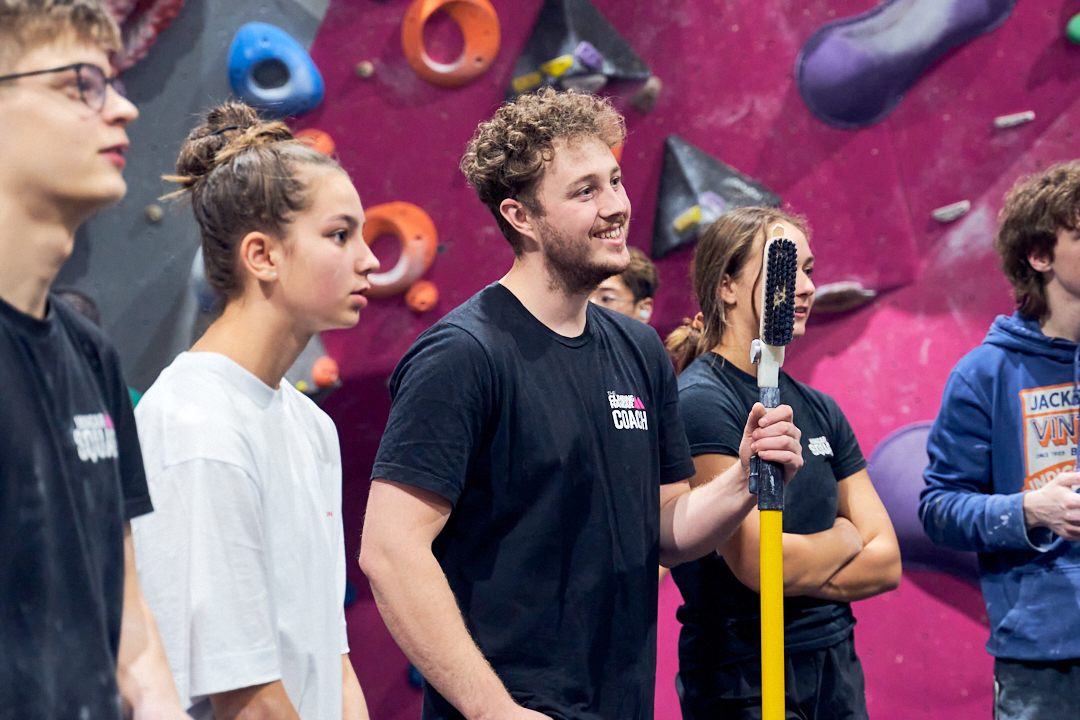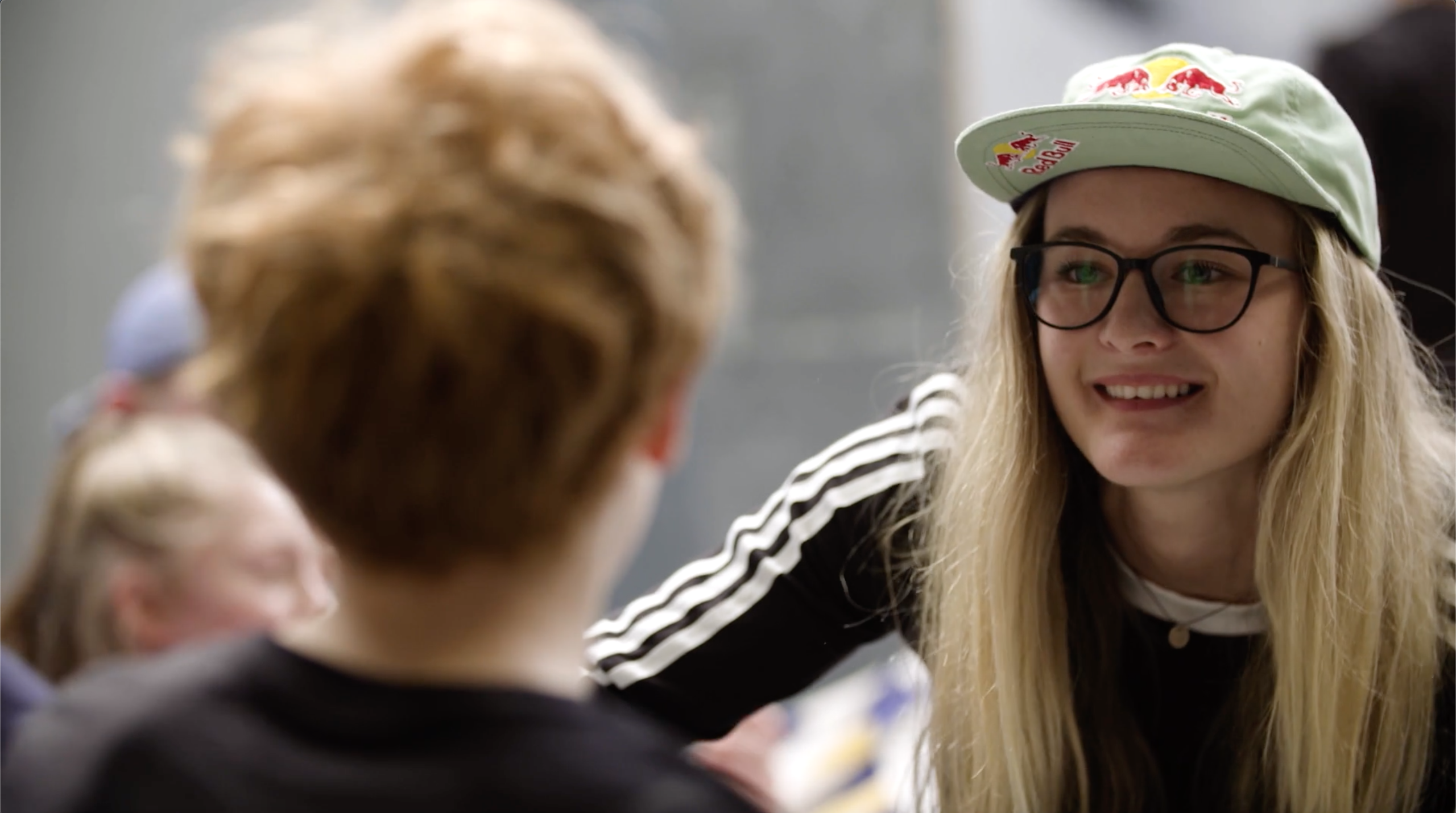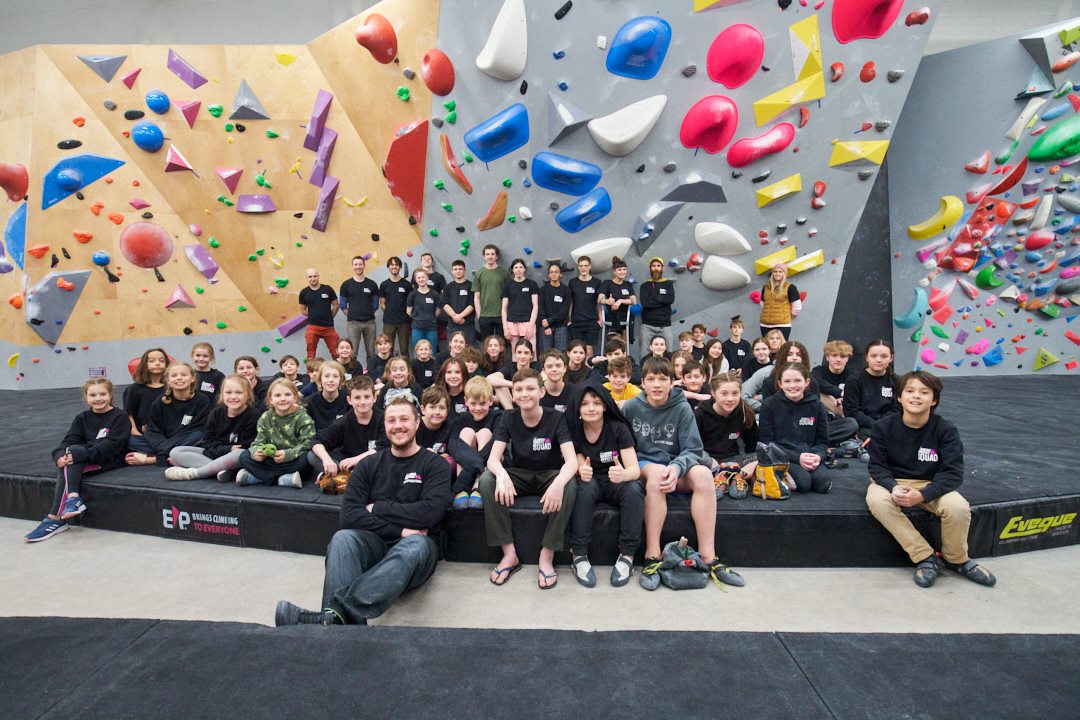
How will Olympics 2024 affect the UK comp scene?
Following part 1 of this article, that discusses the dramatic increase of climbing’s popularity following the Olympics, I will focus more closely on changes to the competitive climbing community. As I described with the wider climbing community in part 1, the competition climbing community has seen a huge increase in attention and opportunities. There have also been some fundamental changes to the landscape of the British Competition scene including finances, the calendar and even the core values of the people within the scene.

More opportunities to become a professional climber
With the increased media exposure and raised profile of climbing, it has become much easier to fund a lifestyle in climbing. Before the Olympics, athletes often worked as route setters or coaches to fund their competitive climbing careers. A very small number of the most successful could live off sponsorship money but that would often require them to have a strong social media presence – something that not everyone is super keen on. Now, athletes have access to UK Sport funding if they are seen as having Olympic potential meaning that they don’t necessarily have to work and can focus on their training in the lead up to the Games.
For those who are keen on making the most of climbing’s “Instagramable” nature, there are also an increasing number of sponsorship opportunities in climbing. Most climbing brands (including clothing, shoes and chalk) and even climbing walls will support multiple athletes. Whereas, for athletes who prefer a quieter social media existence, there is an increasing amount of prize money available at competitions. Senior level events often offer prize pots well into the thousands, allowing athletes to use their hard work to help fund their career and put far less pressure on having to work full time.

A change in core values
However, this commercialisation of climbing is making a particular question more prevalent: is climbing losing the authenticity and the capacity for self-expression that it once had? Sponsorship, in its very nature, is a transactional arrangement and so there are expectations on climbers to behave in a particular way when representing brands. Climbers may feel pressure to portray an idealistic image of themselves and their sport, with smiles and upbeat narratives featuring heavily on social media. Climbing is filled with frustration and setbacks alongside triumphs and these emotions can be less likely to come through in a raw and realistic way. This overly optimistic outlook can often set unrealistic expectations and mislead newcomers and aspiring Olympians who might struggle to relate to athletes who never seem to have the same emotional ups and downs as them.
The change in financial opportunities available at climbing competitions also raise concerns about the money-orientated nature of competitive sport. In recent years, it has been apparent that many of the events that offer large amounts of prize money are become among the most competitive in the UK – even more so than the British Championships. The British Lead Climbing Championships in 2023 saw a mere 17 competitors in the men’s category, and many of the big names such as Toby Roberts, Max Milne and Hamish MacArthur missing. While many commercial competitions see well over 100 entries and finals full of the strongest climbers in the UK. This is not consistent with the behaviour of some of the strongest climbing nations in the world such as France and Japan where the National events are stacked with big names. It seems that many of the stars of British Climbing no longer value the title of British Champion and many of the commercial events in the UK are arguably much harder to win than the National Championships.
These issues may cease as climbing matures as a sport. In time, I’d hope to see much larger prize money pools at British Championships. Alongside this, commitments from GB Climbing that would see winners of these events selected for international representation (currently, winning will only see you invited to a selection event). It seems bizarre that the British Champions may not be a part of the GB Climbing Team.
Resource increase
However, this focus on the top tier of competition could be seen to have created imbalances in resource allocation. The recent cancellation of the English and Welsh Lead and Bouldering Cups, due to financial constraints, has stalled the conveyor belt for developing new talent. These four national events were crucial platforms for aspiring climbers to showcase their skills, gain valuable competition experience, and potentially attract sponsors. Cancelling competitions not only gives them fewer opportunities but suggests to those athletes and their parents and coaches that the focus is on current Olympic potential rather than long-term success.
While our international team have been provided with training facilities and free coaching opportunities – this was only for a select group of elite athletes. It is vital to remember that future champions often emerge from the grassroots level. Fewer competitions, and the competitions that do run being very expensive (£60 to enter the Junior British Championships), could significantly limit the development of upcoming climbers. Reduced competition exposure may also discourage participation: many talented young climbers will be athletically successful across other sports and may shift to a sport that provides them with more chances to compete, ultimately stifling the development of the talent pool that will feed the international team of the future. Finding a sustainable funding model that strikes a balance between supporting the elite athletes that we already have, as well as fostering the development of future stars is crucial for the long-term health of British competition climbing.

Overall, the opportunities that are being presented to both athletes and the climbing community as a result of The Olympic Games are incredibly exciting. Ten years ago, many of us who were involved with climbing would never have dreamed of the financial position the sport would be in as so much of the sport relied on volunteers and good will to progress. That being said, it is important that these funds are allocated the in a way that will develop the sport for all and improve performance over the long term, not just in the confines of an Olympic cycle.
Article by Hannah Smith
The views and opinions expressed in this blog article are solely those of the author and do not necessarily reflect the official policy or position of The Climbing Hangar.
